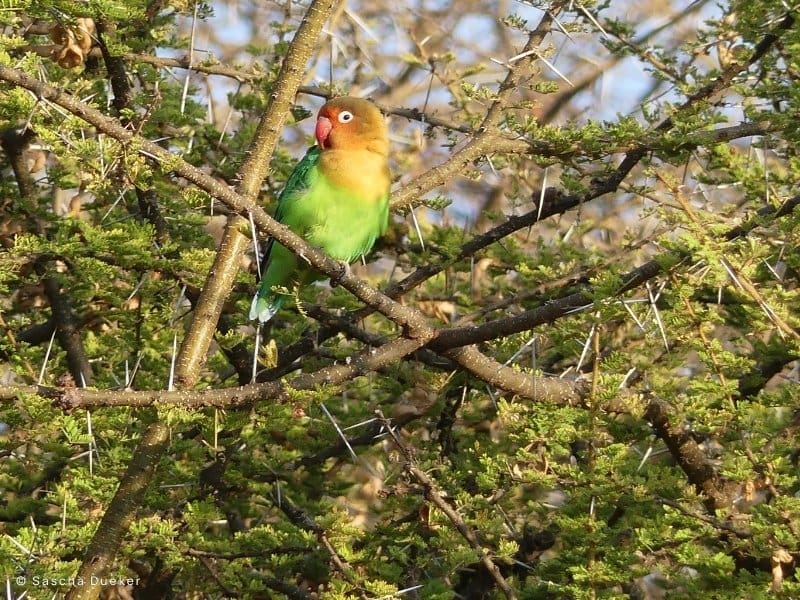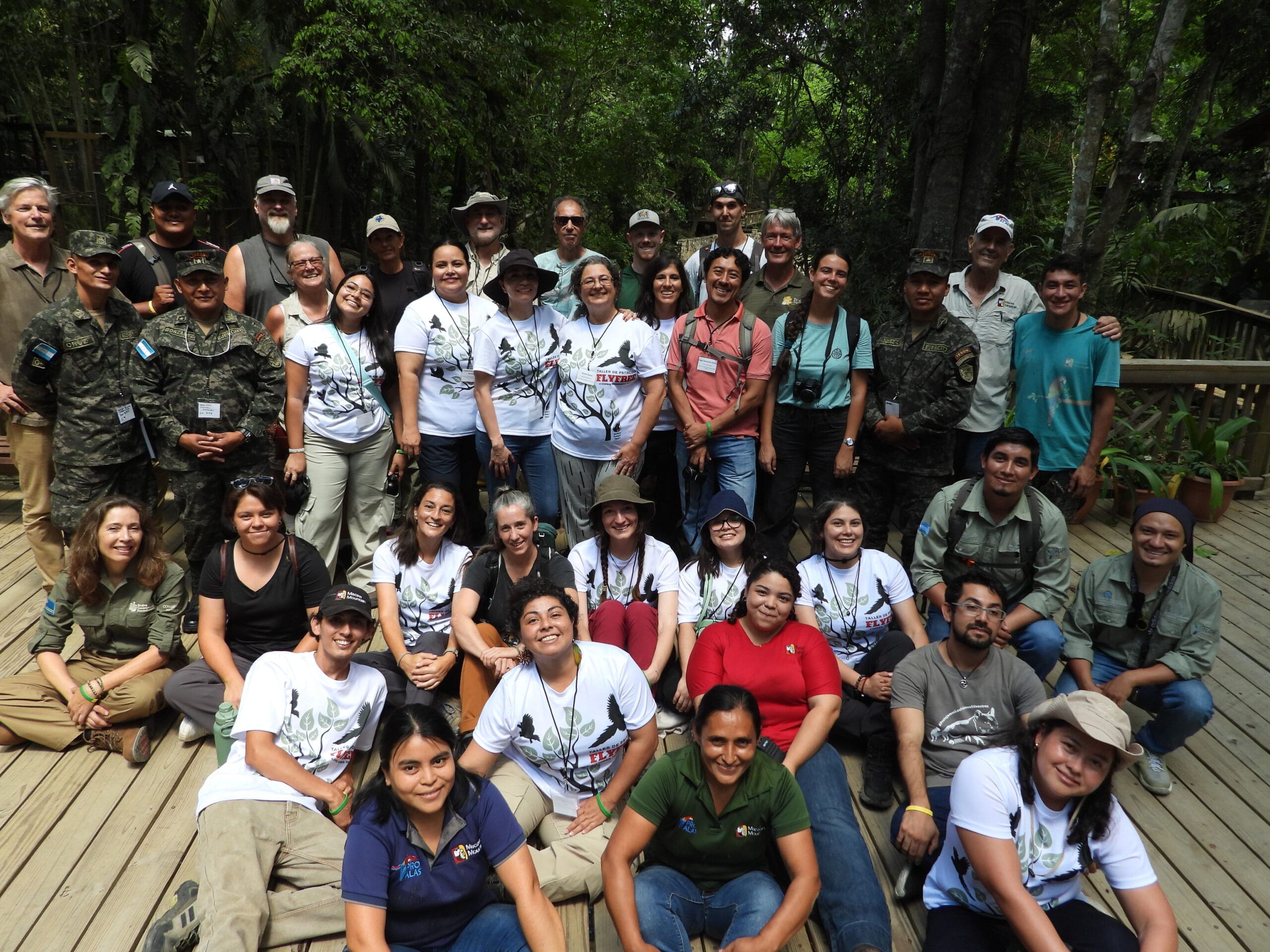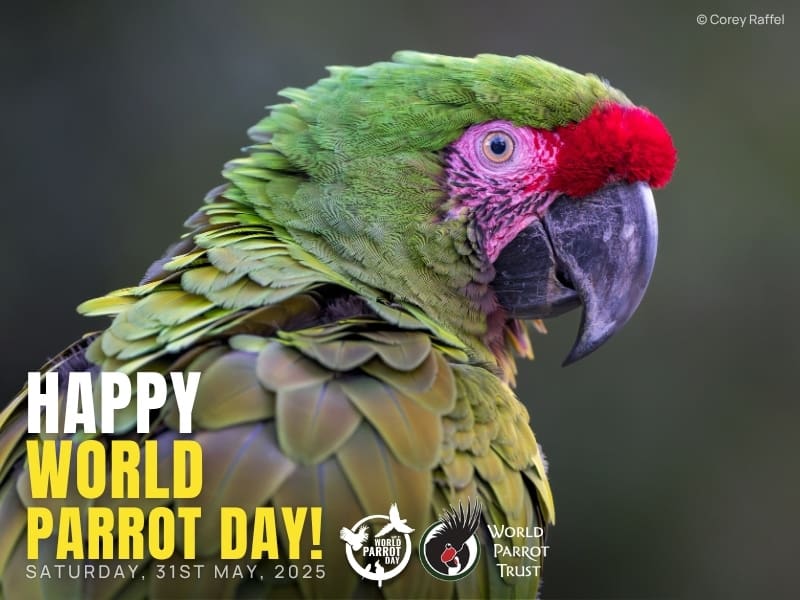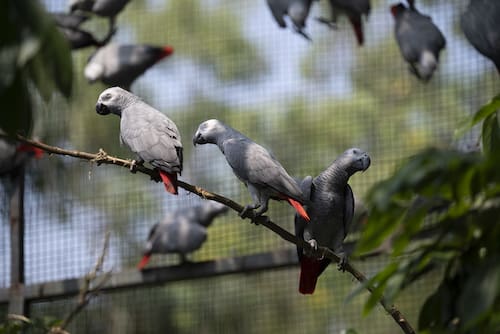Sequencing of full genomes of Lovebirds paves the way for conservation science
Sequencing of full genomes of Lovebirds paves the way for conservation science World Parrot Trust scientists, working with the University of KwaZulu-Natal, University of Chicago and Iridian Genomes, have just published the complete genomes of all nine living Lovebird species....










